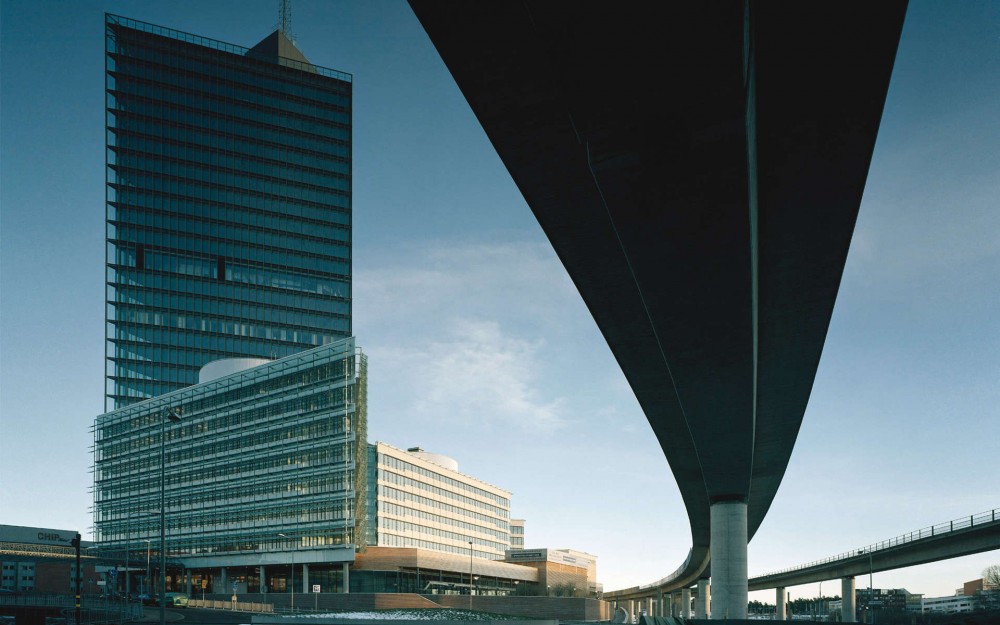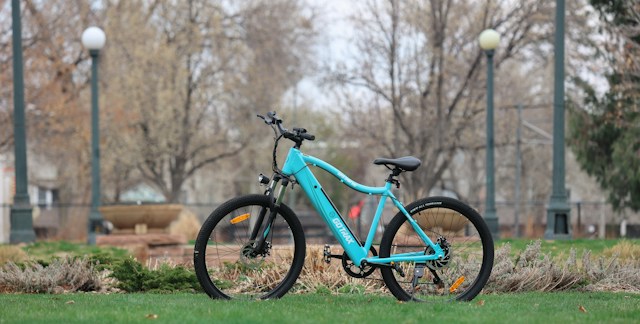IndustryTap has been covering small countries such as Estonia, population 1.3 million, the world’s most connected and networked society. Another lilliputian world leader, population 9.5 million, is Sweden.
In Stockholm’s Kista or “science city”, a northwest district called the “Silicon Valley of Sweden” is blossoming. The Swedes, a creative, technologically sophisticated and forward-looking country, are currently projected to be the world’s first fossil fuel free society by 2020.
IndustryTap articles have shown examples of Swede-driven innovation:
- A company called HydroInfra Technologies based in Stockholm is working on a new patented “scrubber” process to drastically reduce pollutants in the world’s 60,000 coal and oil fired power plants.
- The invention of an “invisible” bike helmet
- Sophisticated robotic quad copters built by Bitcraze
- Malmo, Sweden’s new $390 million Emporia and architectural wonder
- An International Federation of Robotics ranking of fifth, worldwide for the number of multipurpose robots per 10,000 employees in manufacturing, putting them ahead of the United States.
Can Large Courntries Learn from Small Countries?
So why look at “the small guys”? In evolutionary terms, the world is not always inherited by the “big guys” as we know from the example of the dinosaurs. And in city regional planning circles, it is well known that innovations that make the most sense and spread most widely don’t always come from the largest cities or countries but often from experiments in small towns. Humans working in small groups, experimenting with new institutions and technologies, can provide a spark that moves on to cities, changing the world.
According to Germanwatch Climate Change Performance Index 2010, Sweden ranks second in the world after Brazil in addressing greenhouse gas emissions and in devising policies to handle them. But Sweden’s rank has its roots in climate change policy mitigation that can be traced back to the 1980s when they instituted a CO2 tax, subsidies and penalties.
How Can the Swedes Achieve “Zero Fossil Fuels” by 2020?
The formula the Swedes have devised includes:
- Reducing the consumption of oil in road transportation by replacing fossil fuel burning engines with EVs.
- Cutting the consumption of oil by industry through energy efficiency projects that improve efficiencies by 1.5% per year.
- Increased use of Sweden’s sustainable “forest fuels,” of which they have a lot, by 2020. All residential and commercial buildings will be wood-fired and research is underway to make biofuels from wood. In addition, trees are being planted everywhere to replace what is used.
- Sustainable electricity from renewables such as wind power to be generated domestically and a smarter and more efficient distribution network.
- Reduced dependency on imports from Norway, Denmark and Russia.
- Working with the EU to tighten controls for all member countries so that Sweden’s plans are not undermined by cheaper but environmentally-harmful alternatives.
Stay tuned for more on small countries and their efforts in achieving sustainability.
Related articles on IndustryTap:
- The Largest Aircraft in the World, AKA ‘The Flying Bum’, Is Getting a $2.7 Million Grant!
- Different Home Automation Features and Their Relevance…
- Humans & Robots Innovating the Future of Manufacturing Engineering
References and related content:







